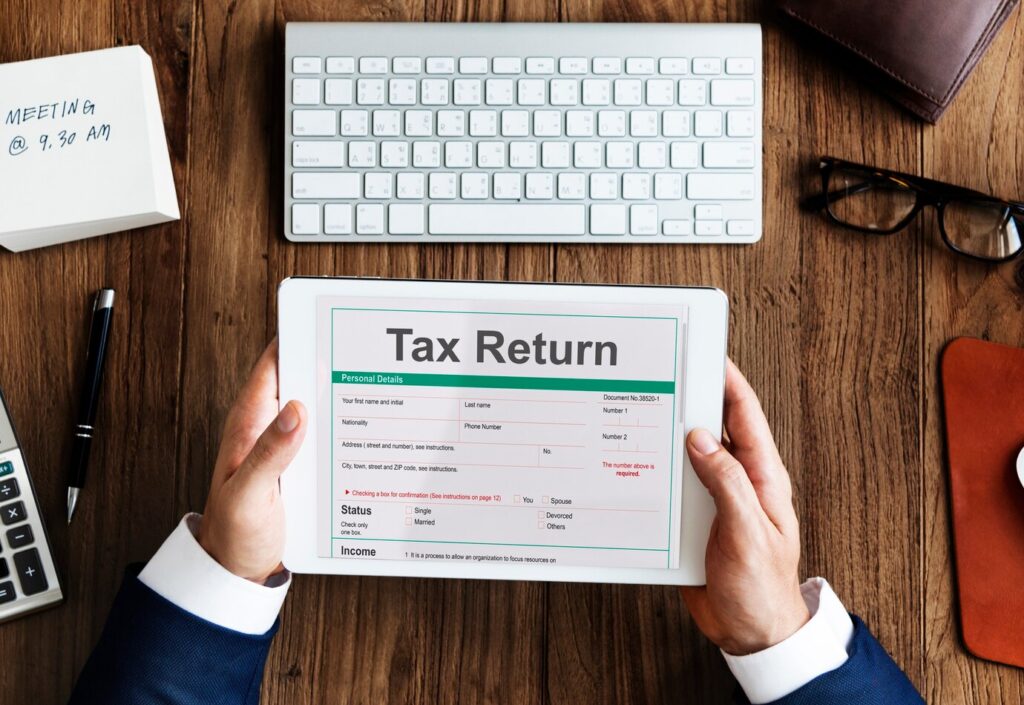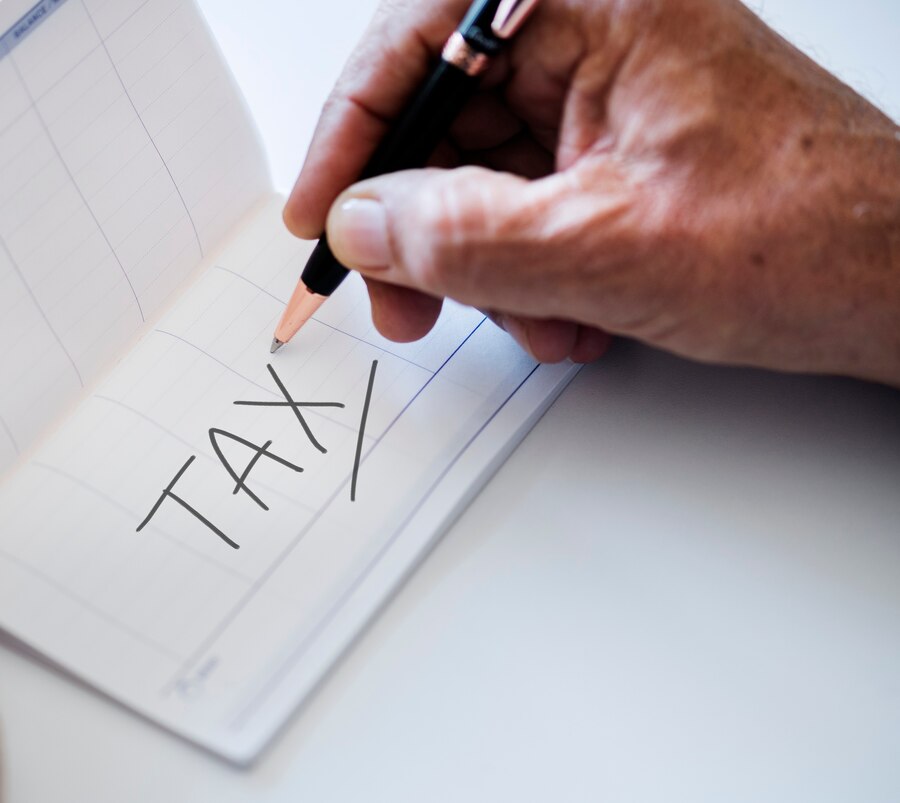Shareholders can withdraw funds from their corporations by way of salary, dividends, returns of capital and management fees. They may also do so as an independent contractor should they qualify. This is called a Shareholder Loan. There are many provisions in the Income Tax Act to prevent shareholders abusing this. If a withdraw is made […]
Author Archives: Tax Partners
The Section 85 Rollover is a technique that allows taxpayers to defer all or part of their income which would normally be taxed on. This allows the taxpayer to defer paying taxes on any assets that are transferred. These assets include eligible property like capital property, Canadian and foreign property, some inventory, and real estate. […]
Many business that operates as a sole proprietor/self employed sometimes find that they are making more money than anticipated. It may be in their best interest to consider going from sole proprietor to an incorporation. Having said this, many sole proprietors accumulate assets through time and it’s good to know which assets are transferrable to […]
Principal Residence When you dispose of a property that has been your principal residence for X amount of years, you will need to report the disposition to the CRA when you file your income tax. The good news is that the Government of Canada allows the taxpayer to be exempt from paying any capital gains […]
The simple definition of a real estate assignment is that contractual rights to a piece of property are assigned from one party to another. This means that before the legal ownership of a property is transferred, the buyer would purchase the rights from the seller and builder. The tax implications are whether to claim the […]
Withholding Tax – Non-Resident When we talk about withholding tax for non-tax residents of Canada, the general tax rate is 25% of the gross amount received. This means that passive sources of income, such as rent, royalties and dividends under the Canadian Income Tax Act are taxable. This means that the Canadian resident who is […]
In order to qualify as a non-profit organization, the following must be met: Not a charity Organized for the purpose of civic improvement, social welfare, pleasure, or recreation Operates for the purpose of civic improvement, social welfare, pleasure, or recreation No income is available to members, shareholders, or proprietors. Both non-profit organizations and charities share […]
The CRA provides rebates to taxpayers who build, purchase a new home, do substantial renovations, or have made a major addition. This can be for themselves or letting a relative live there. The stipulation is that the house must have a fair market value of $450,000 or less for this rebate to be available to […]
Effective September 1, 2022, Canada has implemented a luxury tax on luxury cars, boats, and aircrafts under the Select Luxury Items Tax Act (SLITA). The SLITA has been implemented to target those who can afford to buy luxury good. The SLITA will introduce a luxury tax on the sale and import of certain cars, boats, […]
We know that Input Tax Credits (ITCs) are a sum of the GST/HST collected. It allows for the taxpayer to recover some of the GST/HST they paid for on business expenses. In order to collect ITCs a taxpayer must be registered for a GST/HST account with the CRA. For any ITC claims over $150 the […]











